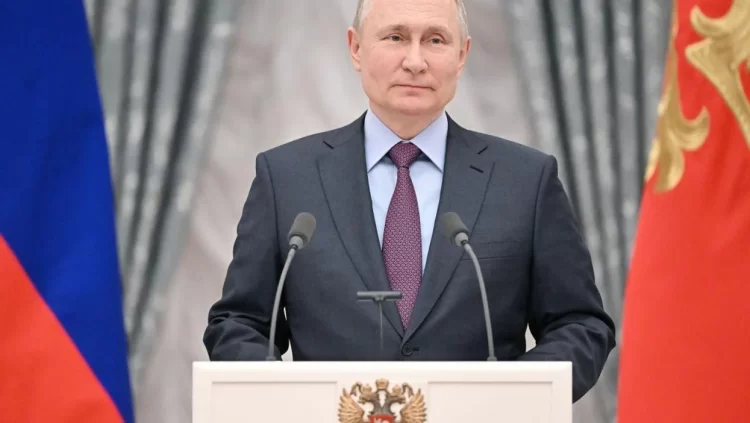The legislation comes after the central bank recently indicated its support for cryptocurrency payments. On July 14, Russian President Vladimir Putin signed legislation prohibiting the use of cryptocurrencies as a means of payment.
The prohibition applies to the use of digital financial assets (DFAs) and utilitarian digital rights (UDRs), which are tokens that provide the right to utility or services.
The law narrates: “It is prohibited to transfer or accept digital financial assets as a consideration for transferred goods, performed works, rendered services, as well as in any other way that allows one to assume payment for goods (works, services) by a digital financial asset, except as otherwise provided by federal laws.”
The final clause makes an exception for DFA payments that are permitted under federal law.
The legislation also requires crypto exchanges to reject any transactions in which DFAs or UDRs can be used in place of money.
In other words, crypto exchanges must ensure that no cryptocurrency assets are used as payment for goods or services.
Anatoly Aksakov, Chairman of the Financial Market Committee, introduced the proposed bill in the Russian Parliament’s lower house, the State Duma, on June 7. Later on, July 8, the Federation Council, the country’s upper parliament house, approved the law and sent it to Putin for thought.
Despite the fact that Russia has yet to fully regulate cryptocurrencies, the law “On Digital Financial Assets” When it went into effect in 2021, it introduced and defined DFAs and UDRs.
Russian regulators are expected to review a new bill, “On Digital Currency,” later this year, which is expected to close regulatory gaps. According to the RBC report, the legislation will go into effect 10 days after it is published in the government gazette.
To read our blog on “Coin FLEX has reinstated limited customer withdrawals,” click here
















